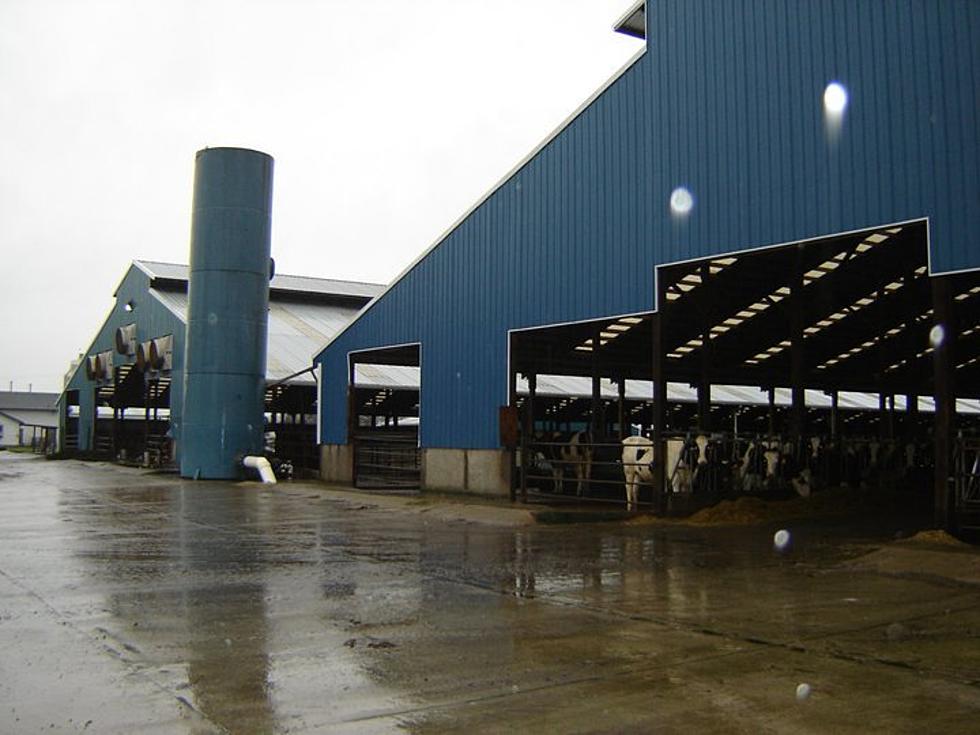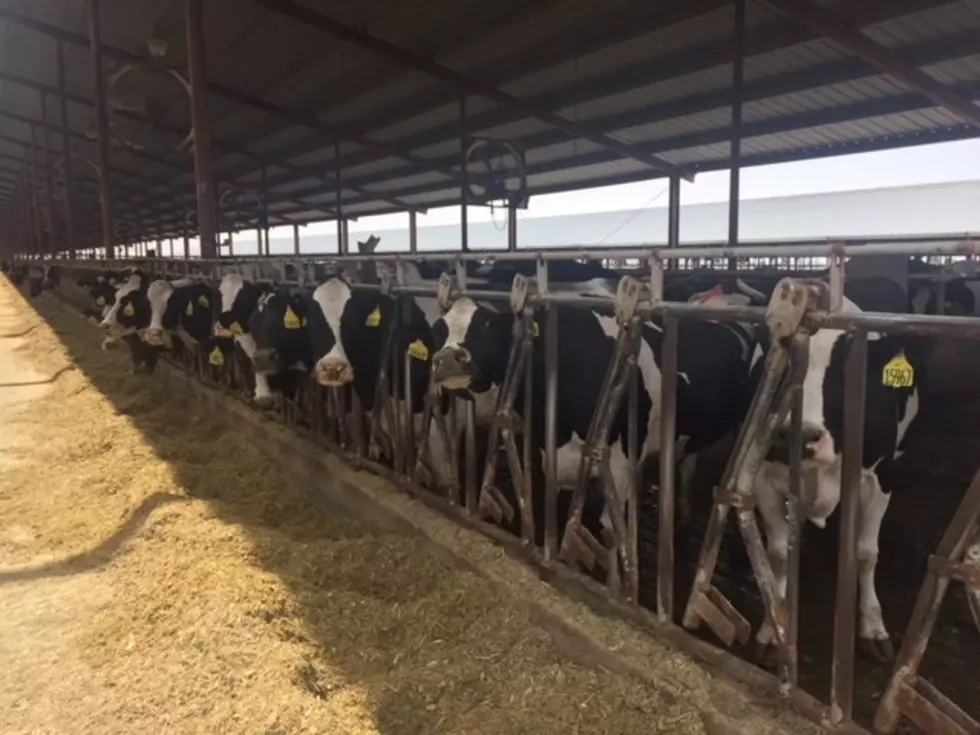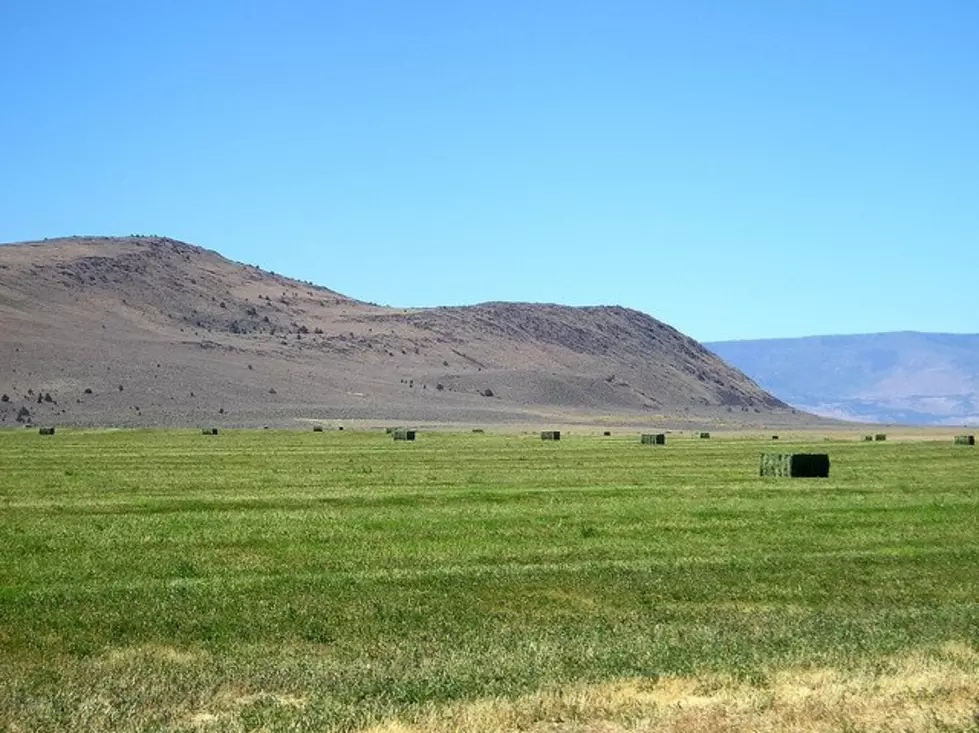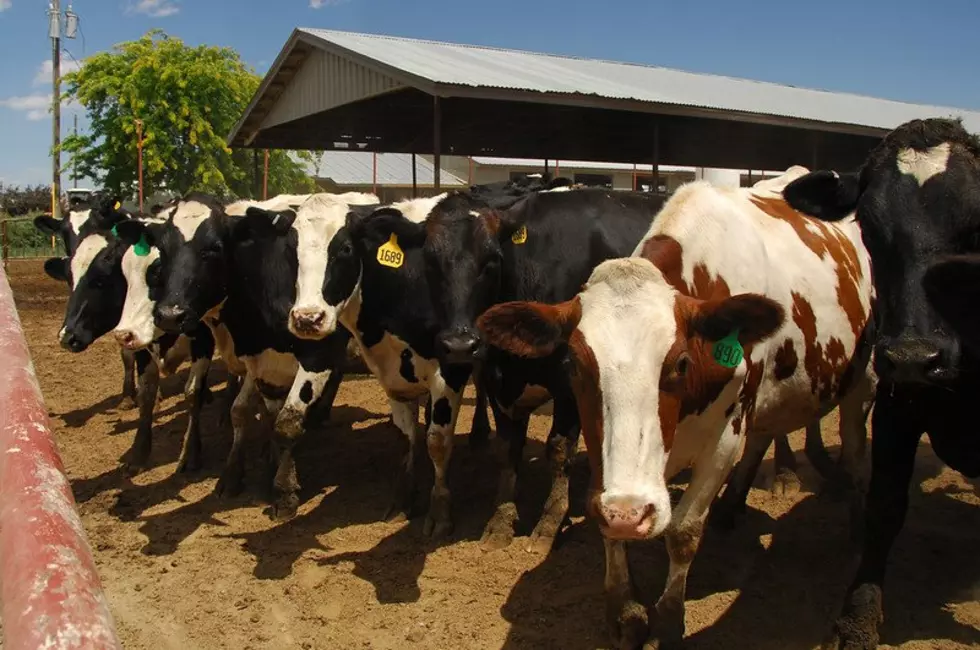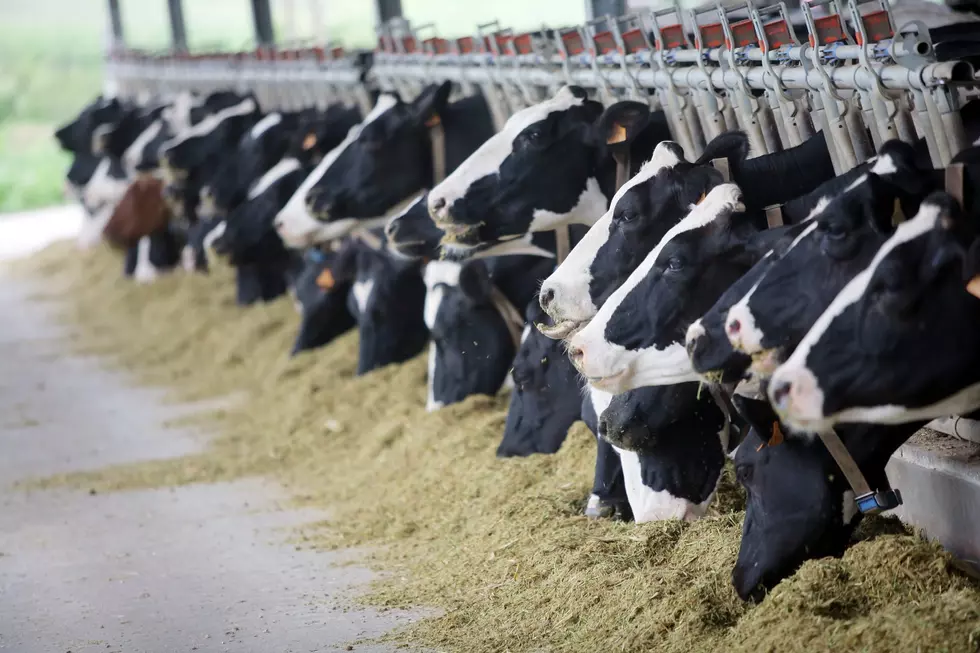UC Davis: Dairy Industry Improving Environmental Footprint Thought Efficiency
Go on-line, or check out your social media feed, it seems like the livestock and production agriculture are among the first industries to come under fire for greenhouse gas emissions and environmental footprint. But one scientist at the University of California-Davis says that’s all wrong.

Efficiency in today’s agriculture production is driving improvements when it comes to the environment and overall farm sustainability. Which is good news for their individual operations, and the overall environment. UC Davis’ Dr. Frank Mitloehner, said the American diary farmers is producing more with less.
“We went from 25 to 9 million dairy cows in this country, but we are producing 60% more milk with this much smaller herd. That means the carbon footprint of a gallon of milk in this country has shrunk by two-thirds. This is an unprecedented impact of improved efficiencies on environmental impact.”
Mitloehner said a lot of research has gone into determining how much the dairy industry contributes to overall U.S. greenhouse gas production.
“So, 2% of all greenhouse gases in this country stem from the dairy sector. One thing that’s really important to note is that we have, through groundbreaking research, found out what those contributions are, but we have identified ways to further reduce those emissions. U.S.-wide by 25%, and in California, by 40%, to be achieved in the next 11 years.”
The industry is already making progress toward those goals, Mitloehner explained. Livestock production is often a target when it comes to environmental impact, but research proves a different story.
“If we were to stop eating animal protein altogether, all 320 million Americans, we would reduce the carbon footprint of the country by 2.6% and of the world by less than 0.3%.”
At the end of the day, he said it’s all about efficiency.
“The efficiencies of livestock production in general, but particularly of the dairy sector in particular are unprecedented across the world. There's no other place in the world that has achieved efficiencies like we have here, but the world is unaware of it. People around the world think that modern agriculture production is harming the environment that we've gone the wrong way, that we need to revert back to the 1950s and that's not true,” Dr. Mitloehner added.
If you have a story idea for the Washington Ag Network, call (509) 547-1618, or e-mail gvaagen@cherrycreekradio.com
More From PNW Ag Network
